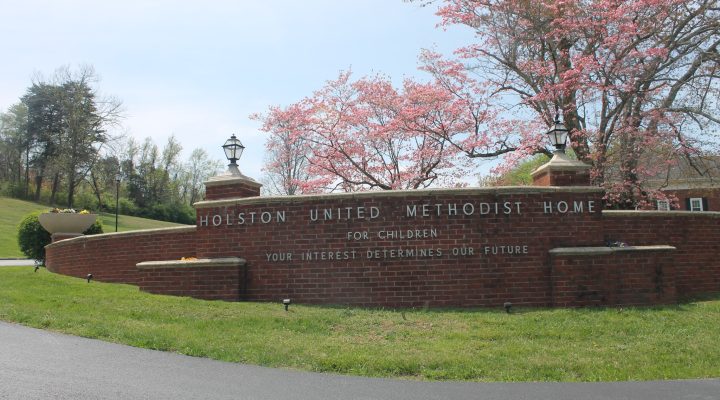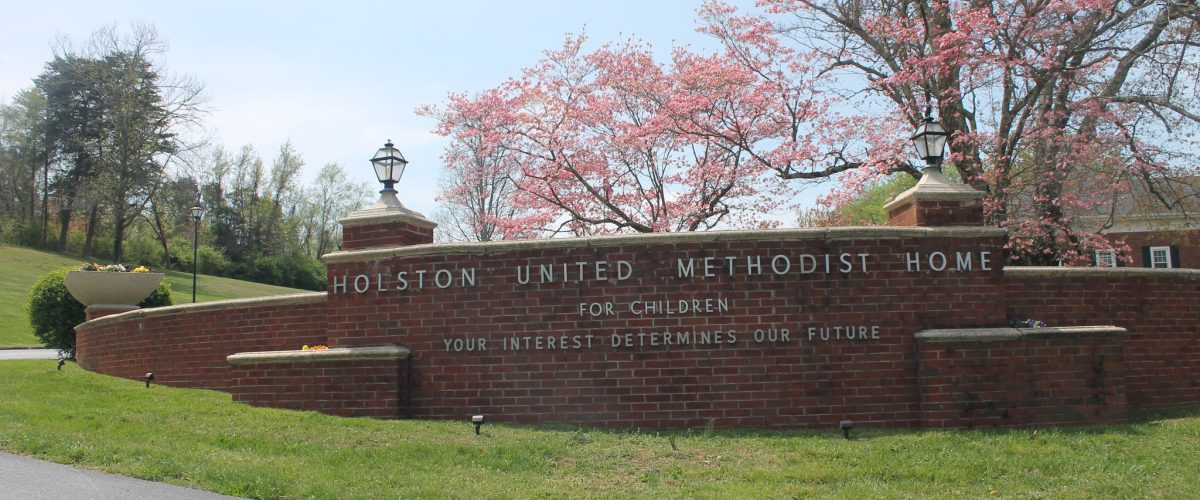A Methodist foster care and adoption agency that receives government funding may continue to serve “Christians only” because the Jewish couple who challenged the agency were found by a Tennessee court not to have legal standing.
The religious discrimination at the heart of the lawsuit brought by Elizabeth and Gabriel Rutan-Ram against Holston United Methodist Home for Children was not addressed by the 20th Judicial Chancery Court in Tennessee in its June 27 ruling. Instead, their case was dismissed on a series of technicalities and because two of the three judges found the couple had experienced no injury.
The Rutan-Rams were attempting to adopt a special needs child from Florida, but to do so they had to get certification from an accredited agency in their own state, which is Tennessee. Holston, which receives state funding, is the only agency in their region that helps facilitate out-of-state adoptions. And the Methodist agency refused to work with the couple because they are Jewish.
The Methodist agency refused to work with the couple because they are Jewish.
That left a young boy with a disability stuck in the Florida child care system and a willing adoptive couple still childless — simply because Holston’s leadership determined to “only provide adoption services to prospective adoptive families that share our belief system.”
Claiming a clear violation of the First Amendment’s prohibition on government favoring one religion over another, Americans United for Separation of Church and State took on the case and filed suit.
The couple, joined by other parties, filed suit in state court against the Tennessee Department of Children’s Services, contending it violated the Tennessee Constitution’s religious freedom and equal protection provisions by contracting with and using tax dollars to fund an agency that engages in religious discrimination.

Elizabeth and Gabriel Rutan-Ram
“Liz and Gabe Rutan-Ram were subjected to outrageous and unacceptable religious discrimination,” said Rachel Laser, president of Americans United. “This young couple wanted to help a child in need — only to be told that they couldn’t get services from a taxpayer-funded agency because they’re the wrong religion. Everyone should be appalled by the treatment they received.”
The trial court ruled that neither the Rutan-Rams nor the six other Tennessee taxpayers who joined the suit have the right to sue the state. The plaintiffs argued that their tax dollars are being used to fund religious discrimination in foster care.
Likewise, the Tennessee court found the Rutan-Rams could not prove any real injury from the discriminatory actions of Holston Home because in the intervening time they have become foster parents to another child.
The court’s own recounting of the facts of the case concurs with the facts presented by Americans United and the Rutan-Rams: “After Holston refused to serve them, the couple was not able to find another agency in the Knox County area that was willing to provide them the services required for them to be eligible to adopt an out-of-state child. As a result, they were not able to foster or adopt the child from Florida.”
However, all that faded away when the Rutan-Rams later applied to serve as foster parents to a child in the custody of the state of Tennessee and thus could avoid dependency on Holston Home, the court reasoned. Working around Holston’s “Christians only” policy was made possible because the Tennessee Department of Children’s Services “itself provided to the couple the foster-parent training and home-study needed to serve as foster parents for children in State of Tennessee custody.”
The couple currently serves as long-term foster parents of a teenage girl whom they would like to adopt if allowed, the court reported. Once that child is either adopted or reunited with a birth family, the Rutan-Rams intend to become foster parents again. But because that intent — even if it requires being rejected by Holston Homes again — is a future possibility, the couple has no standing in the present to challenge the Methodist agency’s discriminatory policies, the court ruled.
The court found that neither a previous exclusion because of their Jewish faith nor a future exclusion because of their Jewish faith grants standing to challenge Holston’s “Christians only” policy.
Thus the court found that neither a previous exclusion because of their Jewish faith nor a future exclusion because of their Jewish faith grants standing to challenge Holston’s “Christians only” policy.
Americans United already has filed an appeal of the Tennessee court’s ruling. The religious liberty watchdog group claims the Department of Children’s Services and its commissioner are violating the religious freedom and equal protection guarantees in Articles I and XI of the Tennessee Constitution by funding religious discrimination in foster-care services.
Holston Home has not released a public statement about the latest court ruling in its favor.
Related articles:
Catholic bishops drop opposition to lesbian becoming a foster parent
Kentucky child care discrimination and proselytizing cases take opposite turns


